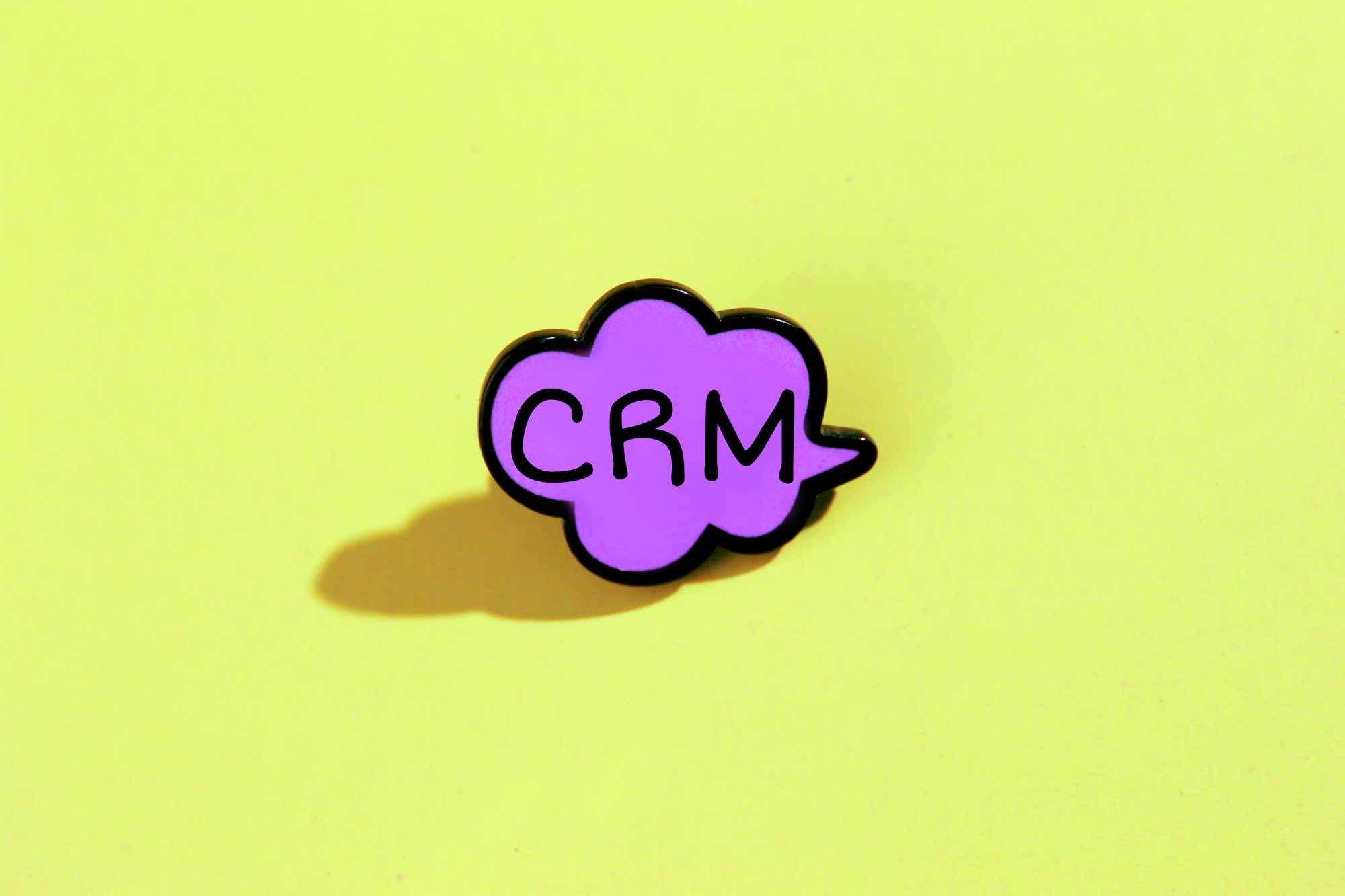Unleashing the Power of Data to Transform Nonprofits
Nonprofits have to measure ROI for any strategic initiative as much as for-profit organisations, especially if the initiative has a cost, but nonprofit CRM is arguably one of the most important and one of the most under analysed. Our job is to deliver a better world. It’s time we started using our hard-earned data to make better decisions. The author discloses a conflicting interest.
From simple donation drives to full-scale nonprofit fundraising campaigns, human services provide donor participation platforms, and enterprise volunteer management systems help nonprofits manage volunteer service levels and placements. CRM is broadly defined as the process businesses use to collect, manage and analyse customer interactions to improve their business relationships. Nonprofit CRM systems are a small but integral component of a broader phenomenon.
Still, without a cost-benefit analysis, nonprofits are free to engage in wishful self-reporting and imagine that these systems can be worthwhile.
At the heart of a nonprofit CRM is data, but not just any data. There’s data about donors, volunteers, campaigns past, present and future. Taken together, these data can be leveraged to generate high-value insights that drive smart decisions.
We need to stop looking at data as something ‘nice to have’ and start using it to create social power.
The benefits of nonprofit CRM
Perhaps the biggest benefit of nonprofit CRM ROI assessment is the capacity to determine which fundraising efforts work best. Armed with donor data, an organisation can begin to identify patterns, trends and preferences.
This information then allows for personalised outreach strategies, which can drive higher participation and increased donations. By capitalising on data analytics, nonprofits can transform their fundraising strategies and uncover the full potential of their donors.
Also, the assessment of the CRM ROI gives nonprofits a sense of how their operations work, as the of volunteer hours logged,) will help them see what needs to be sc
Is a particular program underperforming?
Are volunteers being utilised effectively?
You can then tackle questions such as: How can we best approach this? Which offers are likely to be most successful? Who are our most promising potential customers, and which features of our business would be most appealing to them? Finally, these basic data questions can all be answered with data-digging and real-time decisions.
So the evaluation of nonprofit CRM ROI is never just dollars and cents, though there is a lot of open-ended impact that hits the bottom line. Any measure of constituent satisfaction can be an indication of whether the nonprofit is actually delivering on mission.
Are donors and volunteers experiencing a seamless and personalised journey?
Are they satisfied with their interactions?
These qualitative dimensions are every bit as significant as the quantitative ones when it comes to a full appreciation of the value of a CRM system.
Yet the same naysayers are apt to say that calculating nonprofit CRM ROI is a Herculean task that will take way too much time, effort and money. The cost of not doing it can be far greater.
Nonprofits would continue on a trajectory of inefficiency, chance and stunted growth. Tallying an organisation’s CRM ROI isn’t a frill, it’s a necessity.
In conclusion, measuring the return on investment of nonprofit CRMs is a game-changer for nonprofits attempting to create sustainable social impact. More data-driven decision making can allow organisations to maximise philanthropic value, improve programme and service delivery, and create personalised constituent experiences.
The nonprofit really should be embracing data, harnessing its tools of analysis, and stepping up to make its own decisions, measure its own results, and ultimately make the world a better place. By using nonprofit CRM to reinvest in funders and pursue its own goals, the nonprofit organisation can finally take its rightful place at the table of power and influence.



